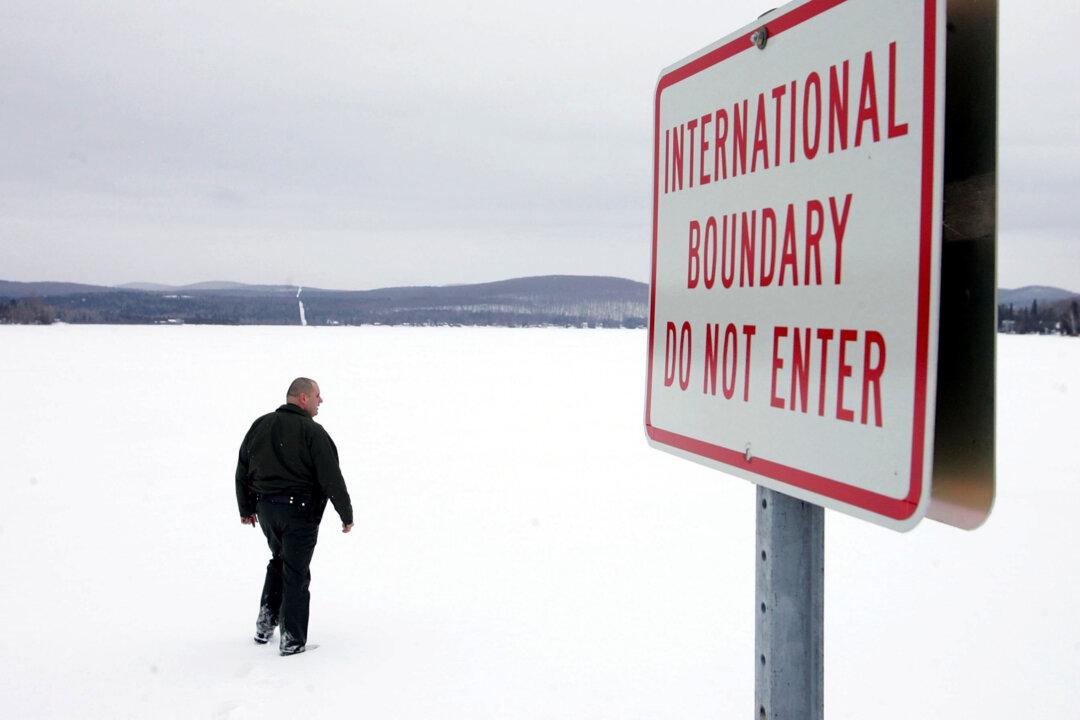Commentary
Canada to our north occasionally becomes annoyed with us, sometimes for good reasons, sometimes not so much, usually over trade issues, but there hasn’t been a need to defend the border for a long time.

Canada to our north occasionally becomes annoyed with us, sometimes for good reasons, sometimes not so much, usually over trade issues, but there hasn’t been a need to defend the border for a long time.